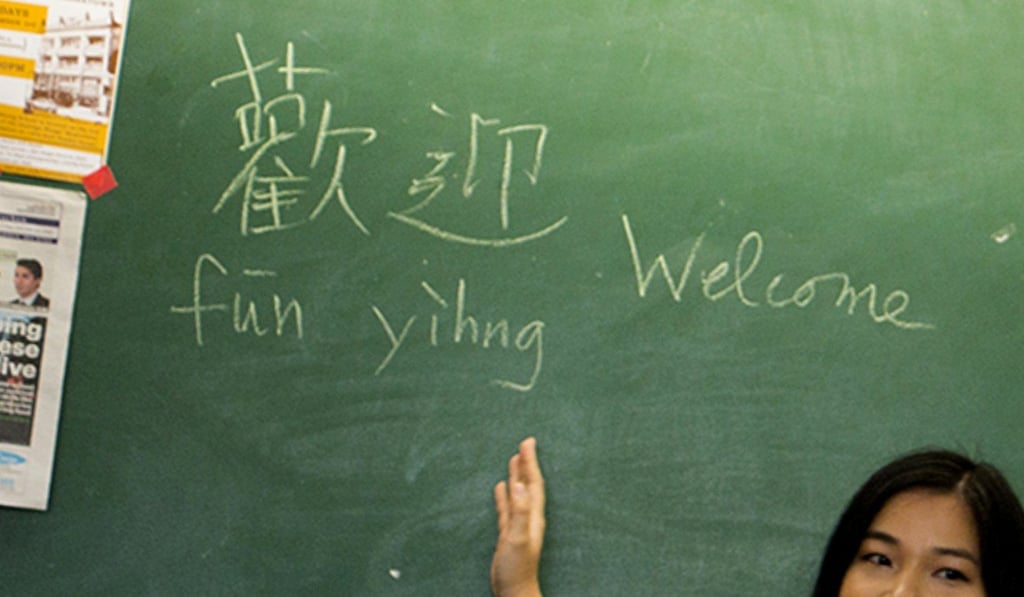Just Saying | Mandarin may be king, but it can’t sideline Cantonese in Hong Kong
Yonden Lhatoo mounts a staunch defence of Cantonese as Hong Kong’s original and enduring mother tongue, rejecting politicised paranoia that it’s being steadily usurped by Mandarin

It was a politically loaded question, stemming from paranoia that Cantonese was being sidelined after the Education Bureau issued an article for primary Chinese-language teachers written by a former mainland official who suggested the city’s lingua franca should be Mandarin. The implication being that Cantonese was a dialect, rather than a proper mother tongue, for Hongkongers.

She was right to dismiss what was obviously a deliberate attempt to politicise a matter that was clumsily handled by the bureau. The fact is, no one is trying to kill off Cantonese and the vast majority of Hongkongers are pragmatic enough to understand the reality of Mandarin being the national language, while holding on to their own mother tongue.
If ignorance is not the reason, why do young Hongkongers still dislike mainland China?
If there’s one thing you need to understand about Hongkongers, it’s that they are fiercely in love with their language.
